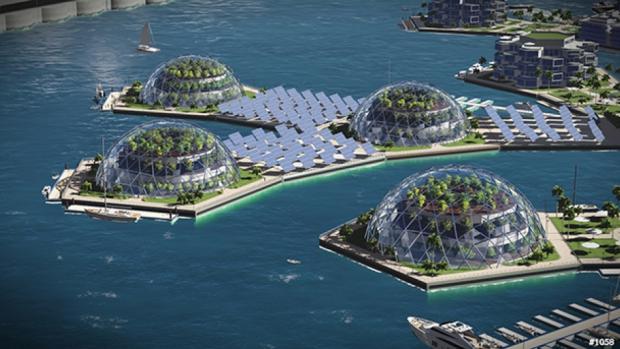
Breaking News
 Tucker shares 'backroom' info about brawl between him and Israel First crowd…
Tucker shares 'backroom' info about brawl between him and Israel First crowd…
 Why Isn't There a Cure for Alzheimer's Disease?
Why Isn't There a Cure for Alzheimer's Disease?
 US Government Revokes 80,000 Visas
US Government Revokes 80,000 Visas
 OpenAI CEO Sam Altman served legal papers during speech in dramatic on-stage ambush
OpenAI CEO Sam Altman served legal papers during speech in dramatic on-stage ambush
Top Tech News
 Goodbye, Cavities? Scientists Just Found a Way to Regrow Tooth Enamel
Goodbye, Cavities? Scientists Just Found a Way to Regrow Tooth Enamel
 Scientists Say They've Figured Out How to Transcribe Your Thoughts From an MRI Scan
Scientists Say They've Figured Out How to Transcribe Your Thoughts From an MRI Scan
 SanDisk stuffed 1 TB of storage into the smallest Type-C thumb drive ever
SanDisk stuffed 1 TB of storage into the smallest Type-C thumb drive ever
 Calling Dr. Grok. Can AI Do Better than Your Primary Physician?
Calling Dr. Grok. Can AI Do Better than Your Primary Physician?
 HUGE 32kWh LiFePO4 DIY Battery w/ 628Ah Cells! 90 Minute Build
HUGE 32kWh LiFePO4 DIY Battery w/ 628Ah Cells! 90 Minute Build
 What Has Bitcoin Become 17 Years After Satoshi Nakamoto Published The Whitepaper?
What Has Bitcoin Become 17 Years After Satoshi Nakamoto Published The Whitepaper?
 Japan just injected artificial blood into a human. No blood type needed. No refrigeration.
Japan just injected artificial blood into a human. No blood type needed. No refrigeration.
 The 6 Best LLM Tools To Run Models Locally
The 6 Best LLM Tools To Run Models Locally
 Testing My First Sodium-Ion Solar Battery
Testing My First Sodium-Ion Solar Battery
 A man once paralyzed from the waist down now stands on his own, not with machines or wires,...
A man once paralyzed from the waist down now stands on his own, not with machines or wires,...
The 'seasteading' movement imagines floating cities in the sea

Like in the 19th century, when many people left the cities of the Eastern US to gain independence by claiming a patch of land and working it — which was known as "homesteading" — "seasteaders" hope to create a new social, economic and political frontier on the ocean.
That's the vision of "seavangelist" Joe Quirk, author of the new book, "Seasteading: How Floating Nations Will Restore the Environment, Enrich the Poor, Cure the Sick and Liberate Humanity from Politicians."
Quirk got involved in the seasteading movement after attending his 10th Burning Man festival. He says he became fascinated by watching rules emerge that "are not predictable from their initial parameters." "You start imagining, what if we could have more societies like these? What if they didn't just last a week, but all year round?" Quirk says. "What if we could have hundreds [of these societies]? What interesting ways that people could get along would we discover?"



